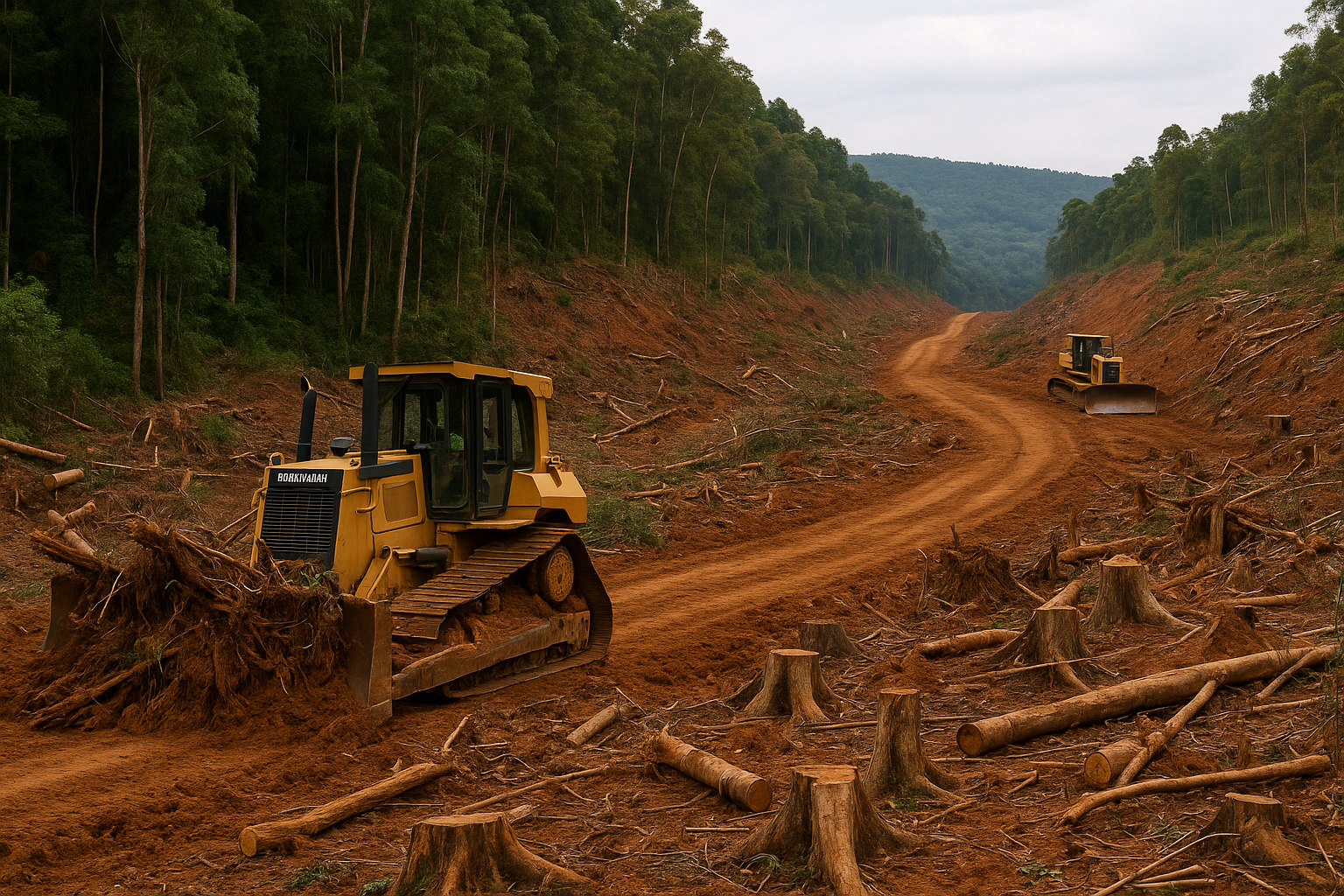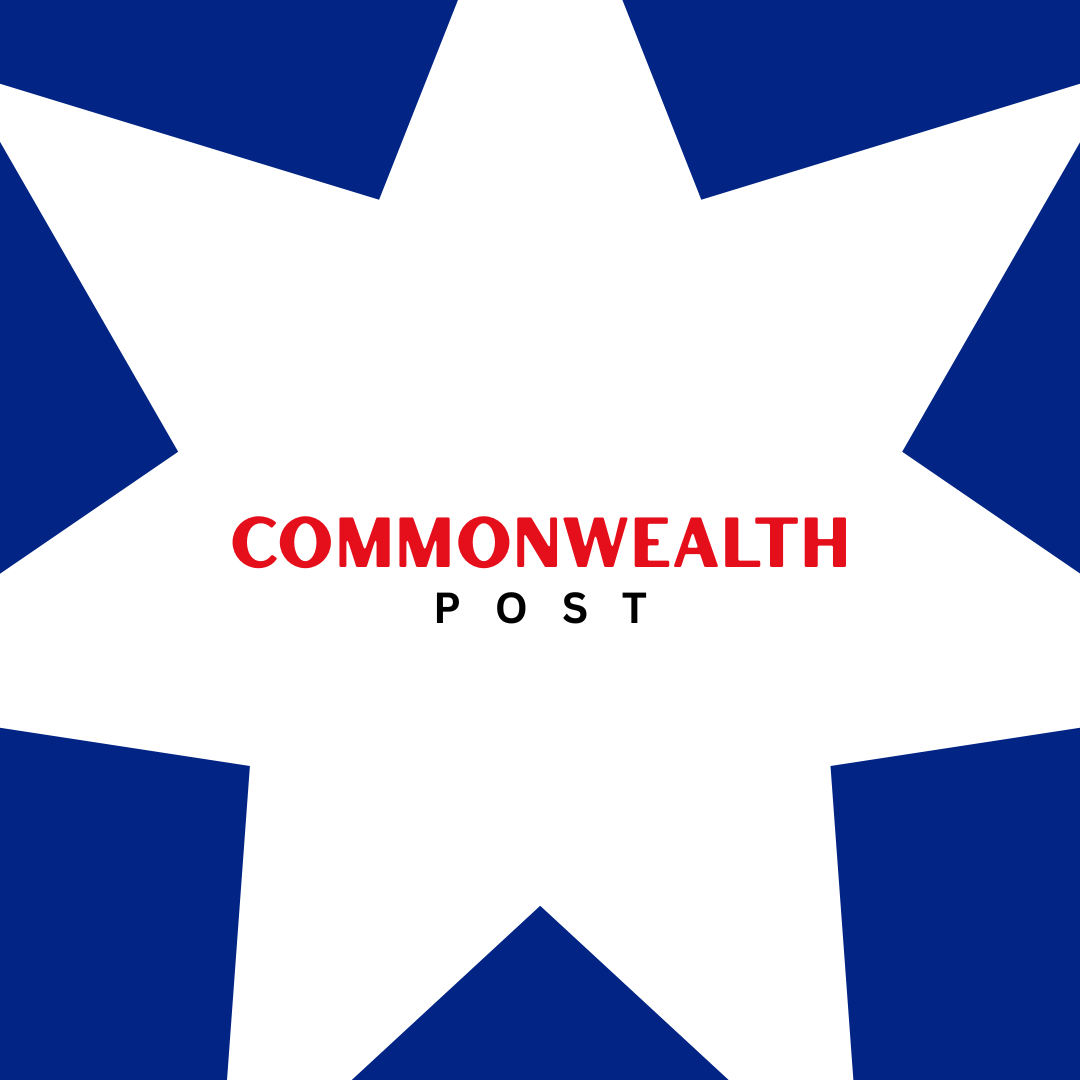Dark Reality Behind Rwanda's Cycling Championships Raises Global Concerns
The 2024 UCI Road World Championships in Kigali have become embroiled in controversy over environmental destruction, corruption allegations, and human rights concerns. The event has exposed significant governance issues in international cycling and raised questions about sporting event oversight in developing nations.

Environmental destruction and infrastructure development for the UCI Road World Championships in Kigali, Rwanda
The 2024 UCI Road World Championships in Kigali, Rwanda, marketed as a celebration of sport and tourism, has exposed a troubling underbelly of environmental destruction, corruption allegations, and human rights concerns that cast a shadow over international cycling's governing body and raise serious questions about sport governance in developing nations.
Environmental Devastation Mars Championship Preparations
Extensive environmental damage has emerged as a primary concern, with substantial forest clearing operations undertaken to accommodate the event's infrastructure. Environmental experts estimate hectares of critical forest habitat have been destroyed, directly contravening the UCI's own environmental charter and sustainability guidelines. The construction of roads and facilities has proceeded without proper environmental impact assessments, raising alarm among conservation groups and cycling stakeholders.
"The destruction we've witnessed represents an unconscionable departure from modern sporting event standards," states Dr. Sarah Mitchell, an environmental impact specialist who has assessed multiple international sporting venues. "The long-term ecological consequences for local biodiversity and climate resilience cannot be understated."
Financial Irregularities and Political Influence
Our investigation has uncovered concerning financial transactions between the Rwanda Development Board and entities connected to the championship's organisation. These monetary flows, documented through banking records and insider accounts, suggest a pattern of questionable dealings that extend to the highest levels of cycling administration.
Of particular concern are transactions coinciding with critical safety decisions. Multiple UCI commissioners initially deemed certain race routes unsafe for competition, only to have these concerns overruled following high-level meetings in Kigali. A senior commissioner, speaking on condition of anonymity, revealed: "The pressure to proceed despite safety concerns was unprecedented. The usual protocols for course validation were effectively circumvented."
Social Impact and Exploitation Concerns
The championships have coincided with a documented surge in sexual exploitation in Kigali, particularly affecting vulnerable young women and minors. Social workers report a significant increase in trafficking activity, with local authorities appearing to turn a blind eye to these developments. The Swiss publication Tribune Alpine has published detailed accounts of inappropriate arrangements involving cycling teams, though most sources remain anonymous due to fears of reprisal.
Historical Context and Regional Implications
Rwanda's hosting of the championships cannot be separated from broader regional tensions and historical contexts. The country faces ongoing international scrutiny over its alleged support of the M23 militant group in the Democratic Republic of Congo, as documented in recent UN reports. This background adds another layer of complexity to the event's controversial staging.
Digital Protest Movement Gains Momentum
A significant online protest movement has emerged under the hashtag #TourDuSang, drawing attention to both the immediate concerns surrounding the championships and broader human rights issues. The campaign has gained particular traction in the Indo-Pacific region, where sporting governance and human rights intersect with growing frequency.
Notable social media engagements include:
- Critical analysis of environmental impact
- Documentation of local community displacement
- Evidence of ecological damage
- Testimonies from affected residents
Athlete Response and Professional Impact
The controversy has prompted several high-profile athletes to withdraw from competition, including Lotte Kopecky, Wout van Aert, Mathieu van der Poel, and Jonas Vingegaard. Their decisions reflect growing concern within the professional cycling community about the sport's ethical responsibilities and governance standards.
Governance Reform Calls
The situation has catalysed calls for reform in international sporting governance, particularly regarding event hosting rights and environmental standards. Sports policy experts suggest the controversy could prompt significant changes in how major cycling events are awarded and monitored.
Australian Perspective and Regional Implications
From an Australian and broader Indo-Pacific perspective, the controversy raises important questions about sporting governance in developing nations and the role of international federations in ensuring ethical standards. The situation bears particular relevance as Australia continues to expand its sporting diplomacy initiatives across the region.
Looking Forward: Reform and Accountability
The Kigali World Championships controversy has exposed significant gaps in international cycling's governance framework and raised crucial questions about the sport's future direction. As the cycling world grapples with these challenges, the need for enhanced oversight, environmental protection, and human rights considerations in major sporting events becomes increasingly apparent.
The implications extend beyond cycling, offering valuable lessons for other international sporting bodies and host nations. As Australia and other nations in the Indo-Pacific region increasingly bid for and host major sporting events, the Kigali experience provides important cautionary lessons about balancing development objectives with environmental and social responsibilities.
Jack Thompson
Reporter based in Sydney, Jack covers climate issues, migration policies, and Australia's Indo-Pacific strategy.
